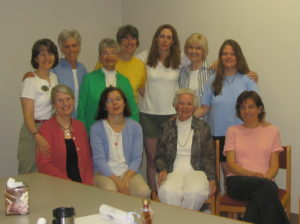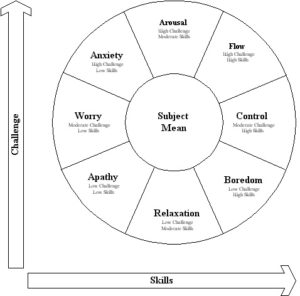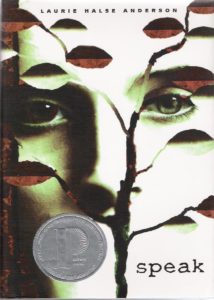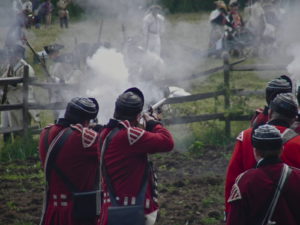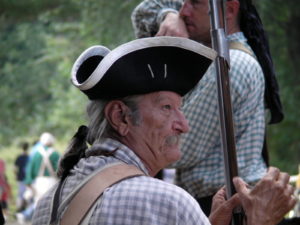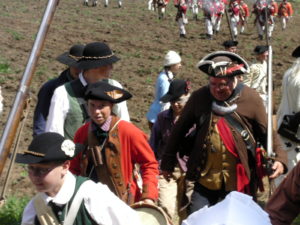Such a strange thing writing is, don’t you think?
Visions of other people and other worlds swim in your head until you have no choice but to write them down. Then you have the burning need to have someone else read what you’ve written, so you embark on the rocky path to publication.
The writing life is at once filled with companionship – all those characters in your head – and often quite lonely, because you are essentially alone for nearly all of your working hours. (I’m talking about the creating part, not things like book tour.)
For many people, this is lonely. Not for me.
I love the solitude, but even for people like me, its good to make time to be in the company of other writers. Creativity expands exponentially when creative people hang out with each other.
If you haven’t joined networks or support groups for writers like SCBWI, do it today. Look for writing conferences or retreats or workshops in your area. Find yourself some writing buddies who share your commitment to your dream and make time to work together.
Not just manuscript critiquing or meeting for coffee so you can trade news about which editor has moved where. Set up time with your writing friends so you can write together.
It helps to come up with a couple of guidelines before you start; how much talking is allowed, how long will the writing go on, will you share what you’ve written after the quiet time or just go straight to the gossip and pastry portion of your get-together.
Who can you write with this weekend?
Ready….
“WRITE. FINISH THINGS. KEEP WRITING.” Neil Gaiman’s advice for aspiring writers.
Set…. After you make this weekend’s writing date, find a quiet spot and make the world go away.
Today’s prompt: Your character finds a box hidden at the back of her closet. Inside it are things from her childhood that someone saved for her. What is in the box? (Hint – focus on the way things smell.) OR If you found a box of items from your childhood, what would it contain?
Scribble… Scribble… Scribble!!!

